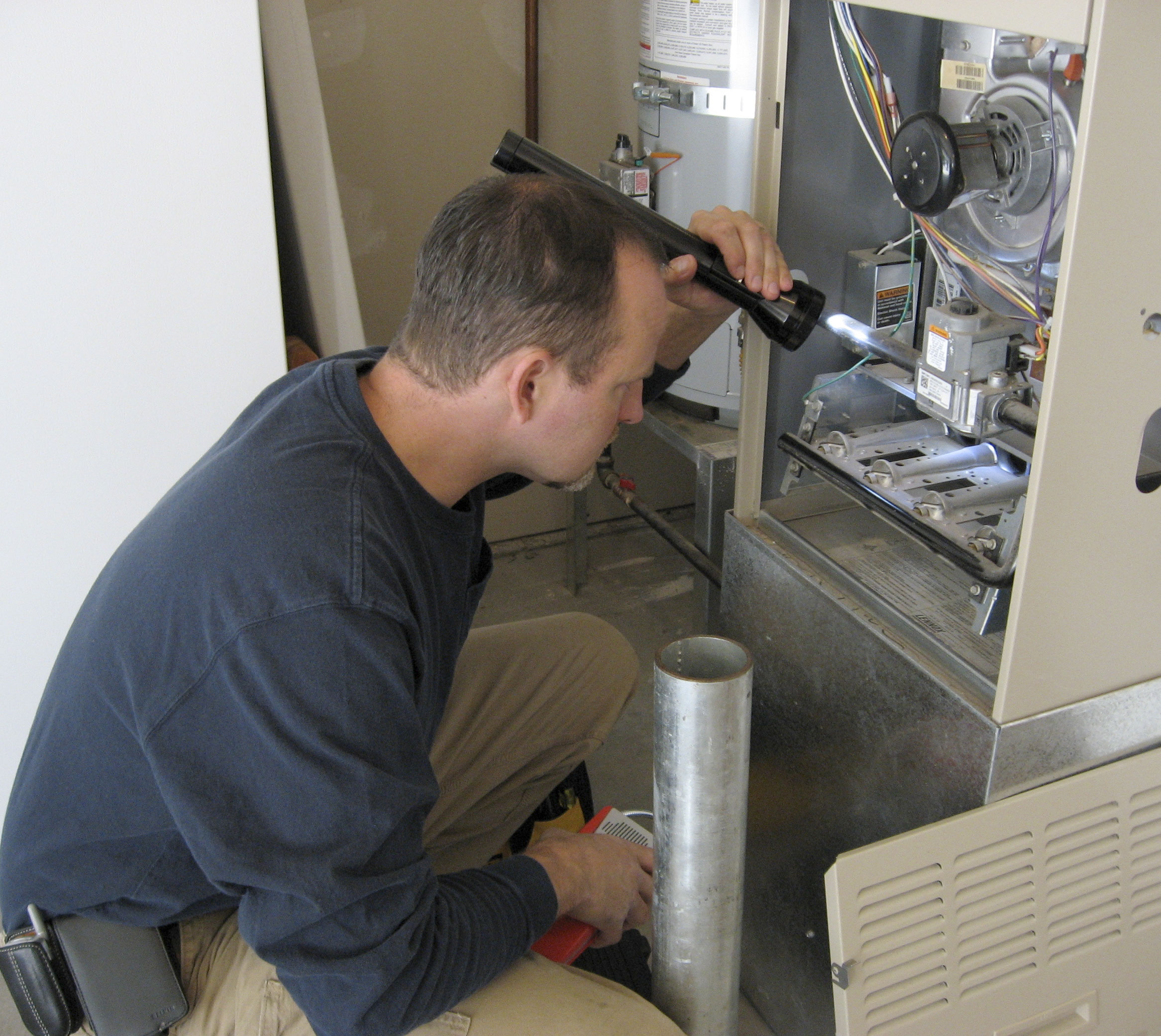Blog Post
Time to Tune Up Your Heating System

Mechanical systems need to be tuned up periodically to keep them operating smoothly and efficiently. That's true with our cars, and it's true with our heating systems. If you haven't done so already, now is the time to get your heating system inspected, cleaned, and tuned.
Some of this annual maintenance can be done by homeowners, but most of it should be done by a heating system technician.
Here are some things you can do yourself:
Check and adjust your thermostats. If you have programmable thermostats in your house, take advantage of their convenience and savings potential by properly setting them. Most provide multiple time-periods during weekdays, with potential for separate settings on weekends. For more on programmable thermostats, see my prior column, "Using Thermostats."
Replace air filters. If you have a forced-air distribution system with a furnace or heat pump, replace the primary air filter at the start of the heating season and then every month or two throughout the heating season, depending on how dirty it gets. Replacement filters cost a few dollars apiece and help your system operate efficiently.
Inspect and clean air registers or baseboard radiators. Efficient heating depends on warm air rising into your rooms from hot-air registers or baseboard radiators (convectors). Make sure these aren't blocked by carpets or furniture, and vacuum them at the start of the heating season to improve heat transfer.
SUPPORT INDEPENDENT SUSTAINABILITY REPORTING
BuildingGreen relies on our premium members, not on advertisers. Help make our work possible.
See membership options »Tune-up measures that should be done by a professional:
Required heating system maintenance depends on the type of fuel and system you have. In general, oil-fired equipment is a lot dirtier than gas-fired equipment. Oil boilers and furnaces should be cleaned and tuned up every year (in some cases twice a year), while some natural gas- and propane-fired equipment can go for two or even three years between servicing--though I still recommend an annual inspection for safety reasons. A few of the components of this servicing are described below:
Inspect and clean the boiler or furnace. Proper operation requires well-functioning heat exchangers in a furnace or boiler; soot deposits should be cleaned off. The burner nozzle needs to be cleaned to ensure proper firing. And the flue pipe may need cleaning, as deposits may reduce the draft, causing problems.
Measure combustion efficiency. Ask for a written report on the combustion efficiency of your heating system. Heating technicians determine combustion efficiency through a combination of measurements that can include flue temperature, percent carbon dioxide or oxygen in the flue gases, smoke (mostly an issue with oil systems), carbon monoxide, and draft (the pressure differential that exhausts flue gases). Often, the combustion efficiency is tested both before and after cleaning and tune-up; ask for written results of both.
Safety check. Combustion-based heating systems consume oxygen and produce heat along with two primary combustion products (carbon dioxide and water vapor). There are also unwanted combustion byproducts, including carbon monoxide, nitrous oxides, and smoke. The heating system should be inspected for cracks and failed seals that may be allowing flue gases to escape into the home. A heating technician will be able to identify if flue gas "spillage" or "backdrafting" is happening, especially with oil-fired systems, due to soot deposits. Backdrafting problems can arise if changes made in the house, such as general air tightening or installing a central vacuum system or a high-velocity kitchen range hood fan, affect air pressure. Backdrafting is a dangerous condition that should be corrected.
Duct testing. If you have a forced-air system, it's a good idea to have your duct system tested for air tightness and, if necessary, sealed with duct mastic. This is particularly important if the ducts run through unconditioned space, such as an unheated attic, crawl space, or basement. Ask if your heating system technician has a "Duct Blaster" for this testing. Ducts in unheated spaces should be well insulated.
Recommendations for heating system improvements. During the annual heating system tune-up, ask if modifications would improve performance and efficiency. For example, if your heating system comes on for fairly short periods of time even in the coldest weather, it may make sense to downsize the burner nozzle, which will reduce the fuel consumption (and heat output), so the furnace or boiler will cycle on and off less. With an older oil system, ask if it makes sense to install a "draft reduction" system that will lessen the amount of heat going up the chimney. And if you don't have them already, by all means consider programmable thermostats.
As you are thinking about improvements to the heating system, don't forget about the house envelope--buttoning up should be your top priority for reducing energy use for heating.
I invite you to share your comments on this blog. You can also follow my musings on Twitter.
Published September 28, 2009 Permalink Citation
(2009, September 28). Time to Tune Up Your Heating System. Retrieved from https://www.buildinggreen.com/news-article/time-tune-your-heating-system



Add new comment
To post a comment, you need to register for a BuildingGreen Basic membership (free) or login to your existing profile.